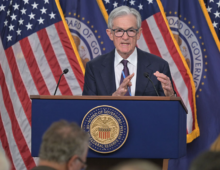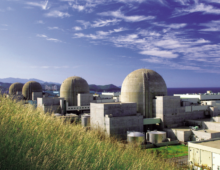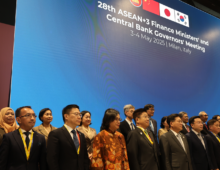Although harder to pirouette around US-China rivalry, Seoul needs both as partners as it broadens global supply chains
South Korea has worked to secure and diversify its critical minerals supply chains amid intensifying competition between the U.S. and China, Russia’s war against Ukraine and other disruptions.
These resources, including cobalt, copper and rare earths, to name a few, are integral to the nation's economic prosperity and safeguarding of national security.
South Korea has worked to secure and diversify its critical minerals supply chains amid intensifying competition between the U.S. and China, Russia’s war against Ukraine and other disruptions.
These resources, including cobalt, copper and rare earths, to name a few, are integral to the nation's economic prosperity and safeguarding of national security.
Get your
KoreaPro
subscription today!
Unlock article access by becoming a KOREA PRO member today!
Unlock your access
to all our features.
Standard Annual plan includes:
-
Receive full archive access, full suite of newsletter products
-
Month in Review via email and the KOREA PRO website
-
Exclusive invites and priority access to member events
-
One year of access to NK News and NK News podcast
There are three plans available:
Lite, Standard and
Premium.
Explore which would be
the best one for you.
Explore membership options
© Korea Risk Group. All rights reserved.
No part of this content may be reproduced, distributed, or used for
commercial purposes without prior written permission from Korea Risk
Group.












